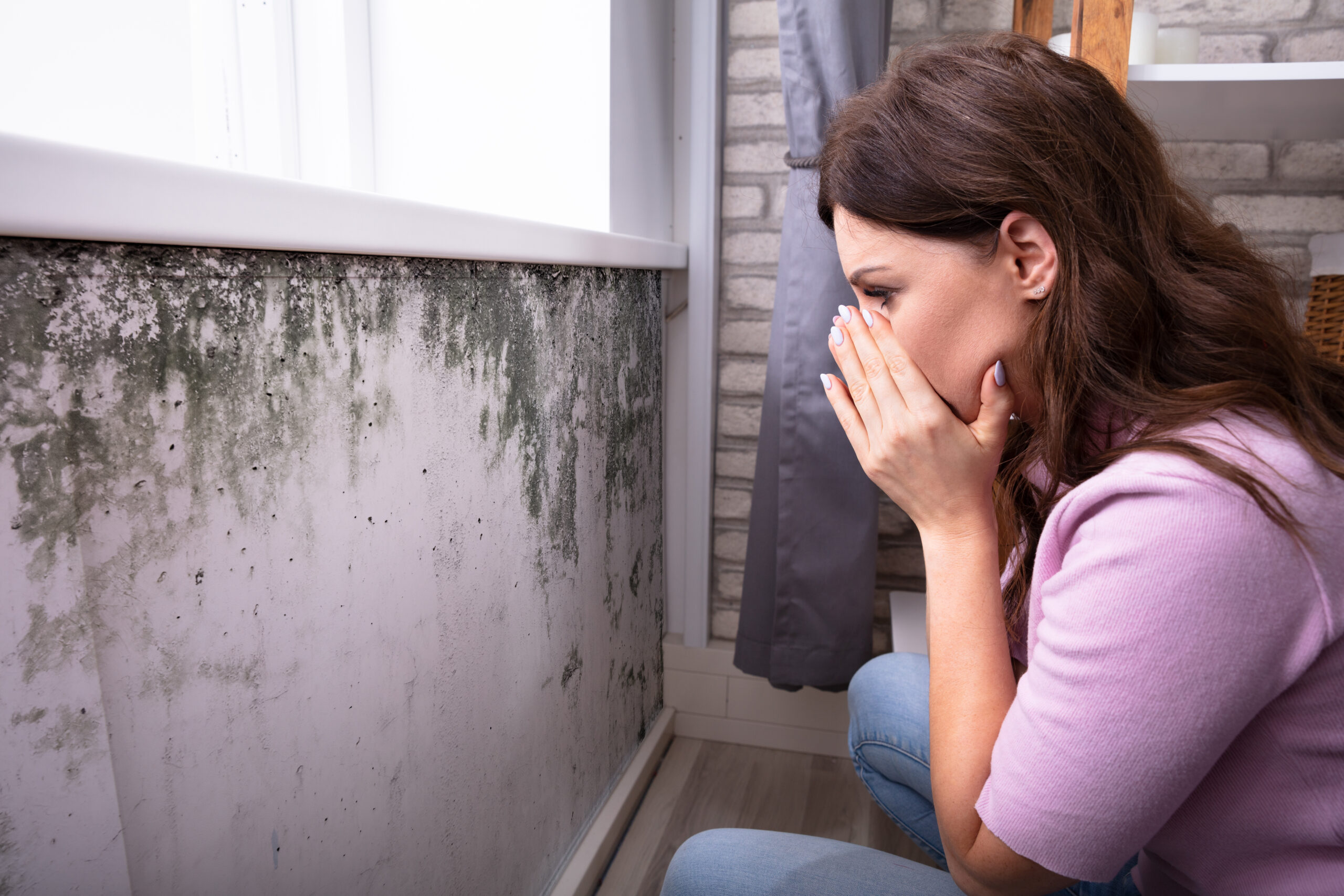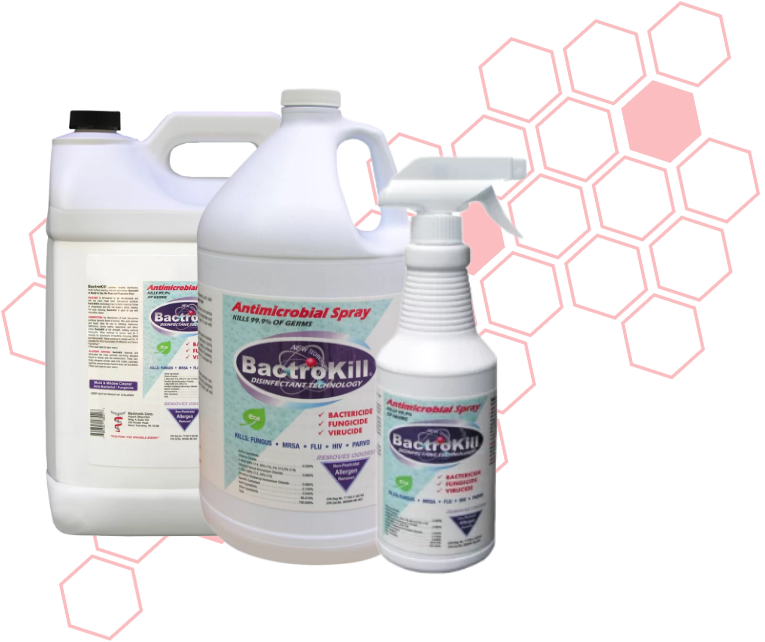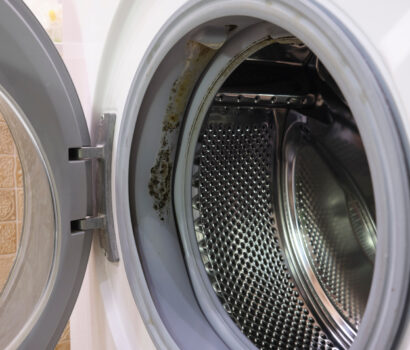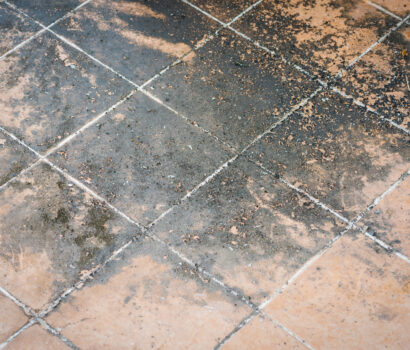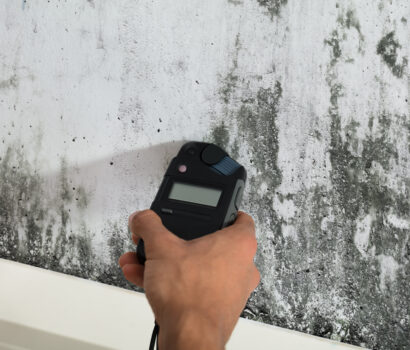Mold is a serious yet common household problem that can cause significant health issues if it’s not addressed quickly. When mold spores are airborne they gravitate towards damp surfaces, upon landing they can spread rapidly and create an environment that’s hazardous to your health. In this blog post, we’ll discuss the classifications of mold and why waiting to get rid of it could be putting your family’s health and wellbeing at risk.
Why Ignoring can be Harmful
With all of the things that you have going on in your day to day life, it’s easy to forget to clean thoroughly. You might see a little mold behind the sink or in the basement and think, “I can clean that up later!” You put it off for a few days and then a few weeks, next thing you know, it’s everywhere.
If left untreated, mold will continue to grow, especially if it’s in damp, dark areas. Waiting too long to address mold can lead to health hazards, damage to furnishings, and other issues. Working with a professional is the best way to ensure that mold is completely removed and won’t regrow.
The Three Mold Classifications
To help you fully understand the dangers of mold, you need to understand the three different classifications of mold and what exposure to them means for you.
- Allergenic – Do you ever feel like you’re having an allergic reaction while at home or work? Maybe you’ve been sneezing more or getting rashes. There are many different symptoms to look out for, but you could be having an allergic reaction to mold. Allergenic mold can cause and produce allergies, which can lead to allergic reactions and even asthma attacks.
- Pathogenic – Pathogenic mold types can lead to infections in humans. This is because they come from fungus that thrives on or in human tissue. These infections can lead to health problems in everyone, but especially individuals who are already immunocompromised.
- Toxigenic – Have you heard of the term “toxic mold”? When people use that phrase, they’re usually referring to toxigenic mold. Only a few forms of mold are considered “toxigenic,” meaning that under certain conditions they can produce small molecular toxins, called “mycotoxins.” These mycotoxins are usually spread by way of the mold’s spores and may be the cause of potentially serious health problems if ingested or breathed in, in sufficient quantities over a long period of time.
How Mold can Affect your Health
While mold certainly isn’t pleasant-looking in a home or business, the more significant issues are the health effects it can cause. Just as there are multiple kinds of mold, your reaction to it will also vary. Besides causing upper respiratory symptoms like coughing and wheezing, mold may also contribute to allergy-like symptoms such as eye and nasal irritation.
Most people only experience allergy-like symptoms following mold exposure. Though, in rare cases, mold can cause more serious health issues such as:
- Infections – Most people regularly breathe in mold spores without experiencing any health complications. However, individuals with preexisting health conditions or compromised immune systems may be at risk of infection from inhaling certain types of mold.
- Pneumonitis – Exposure to a large amount of mold can sometimes cause a more serious reaction known as hypersensitivity pneumonitis (lung inflammation). This type of exposure is usually due to occupational or workplace hazards rather than from exposure to mold in your home.
- Other complications – Other serious symptoms that mold can trigger are memory loss, headaches, chest tightness, and fevers.
Get Rid of Mold with Bactronix!
Even if nobody in your family has underlying health issues, you may still experience adverse reactions if you come into contact with mold for a prolonged period. The extent of a healthy person’s reaction depends on the type and size of the mold growth, so it’s better to err on the side of caution whenever you think mold growth may be present.
If you happen to have spots of mold in your home, you can take steps to remove the mold yourself. If it’s a big job, or if you start experiencing symptoms, a professional should be called to safely remove mold. If you’ve discovered signs of mold or believe your property could be at risk, Bactronix is here to help you take control. Our range of services and EPA-registered disinfectants can help improve the cleanliness of your indoor living environment, whether for mold or a host of other sanitary concerns. Contact us today or visit our Mold Remediation page for more information.
